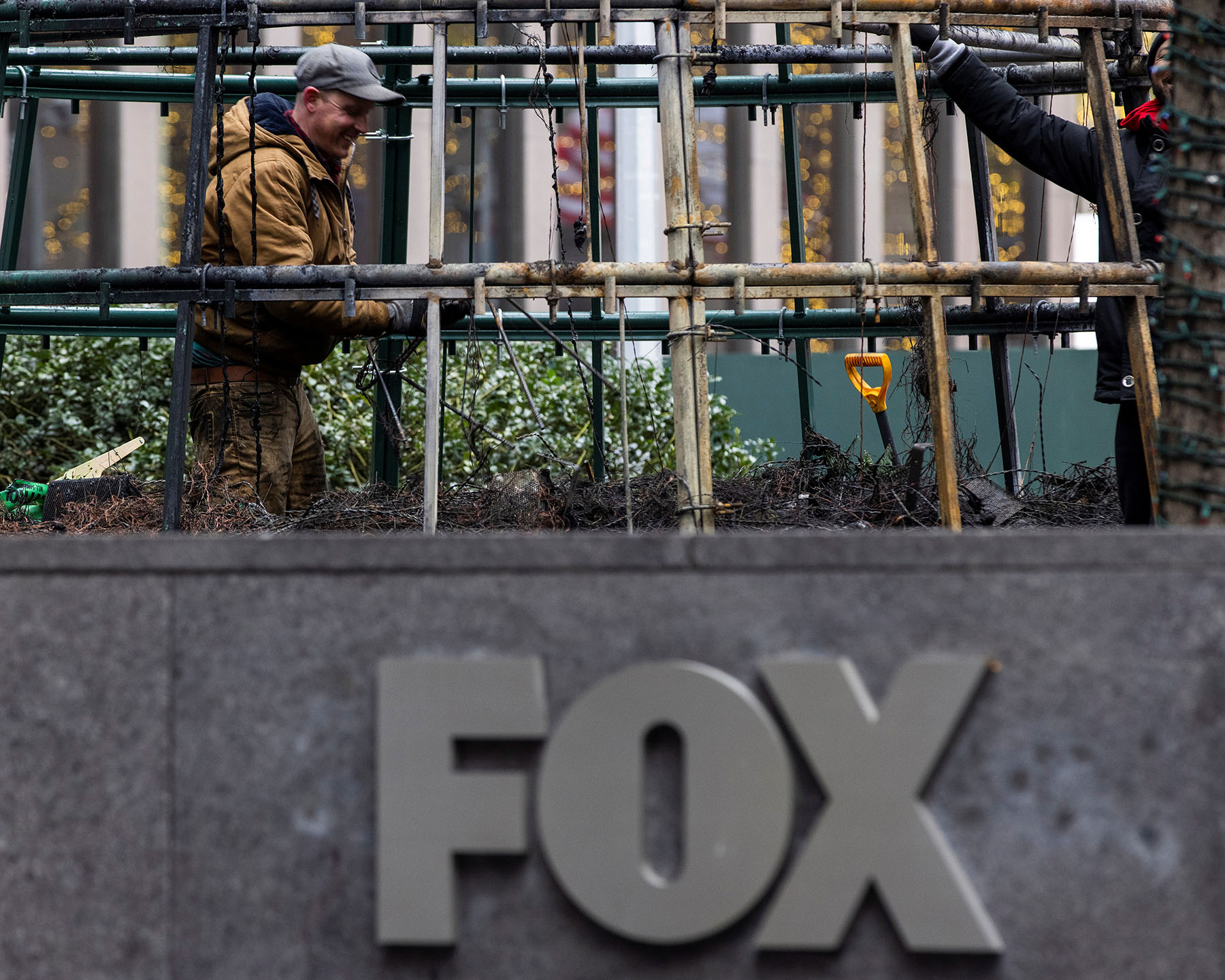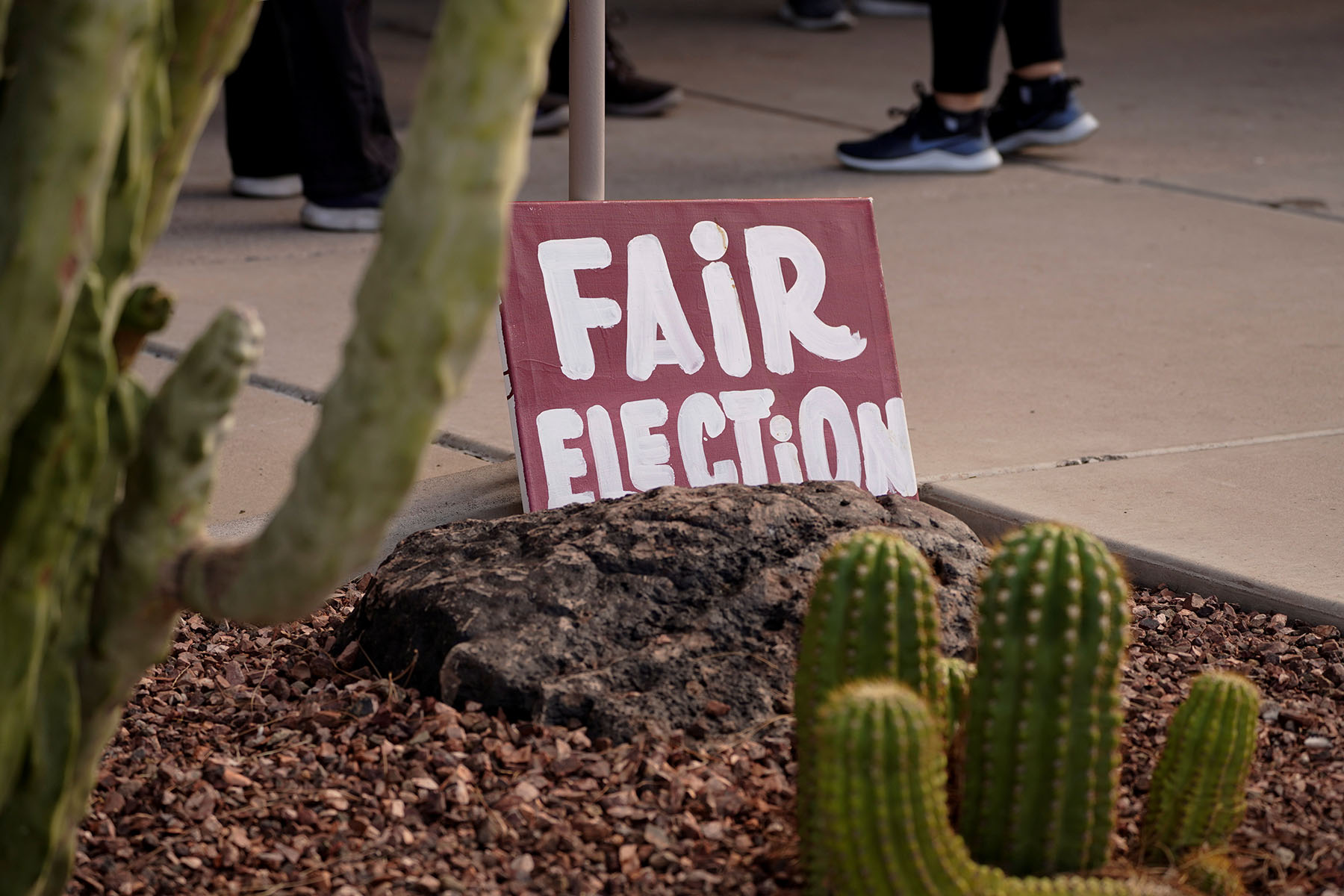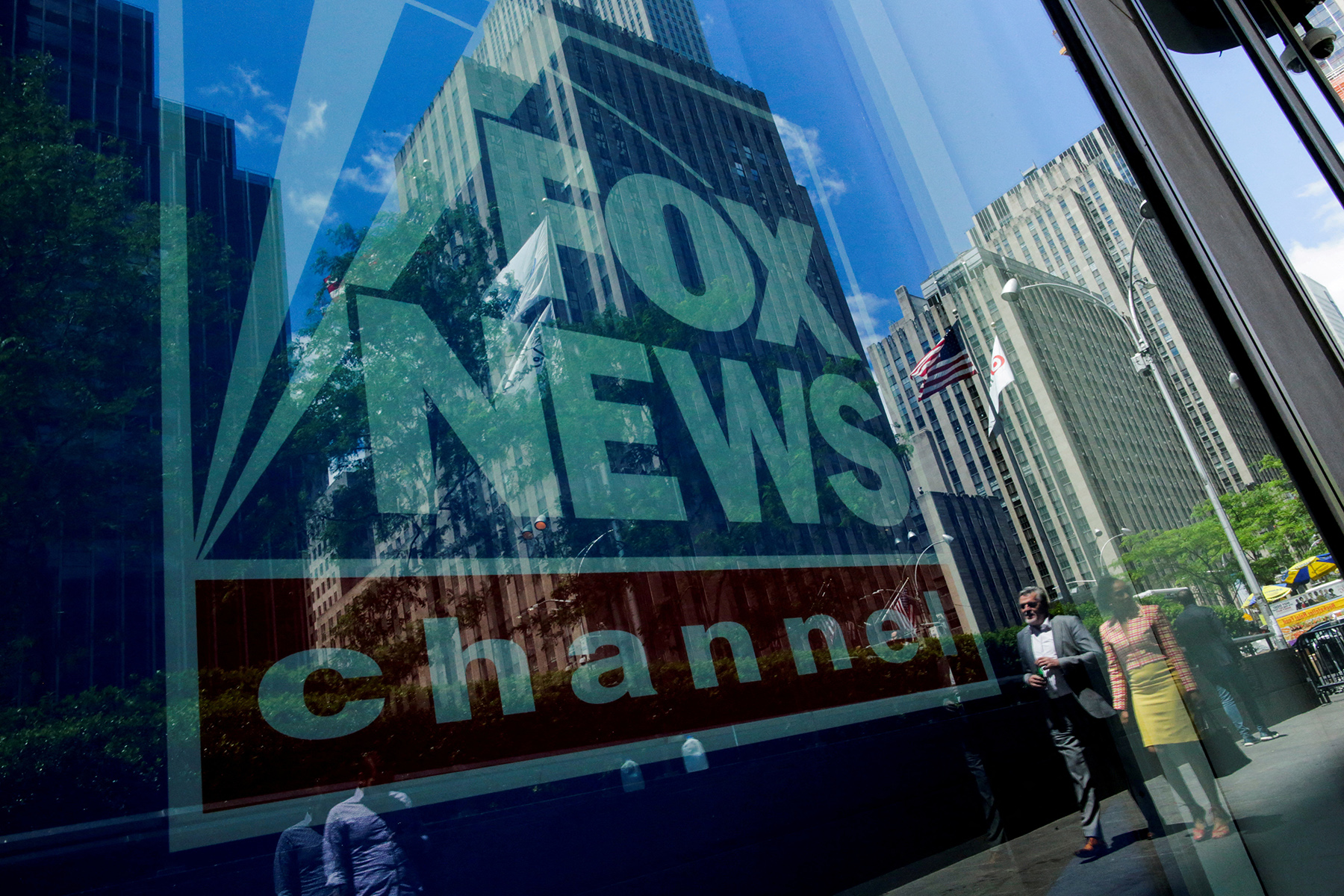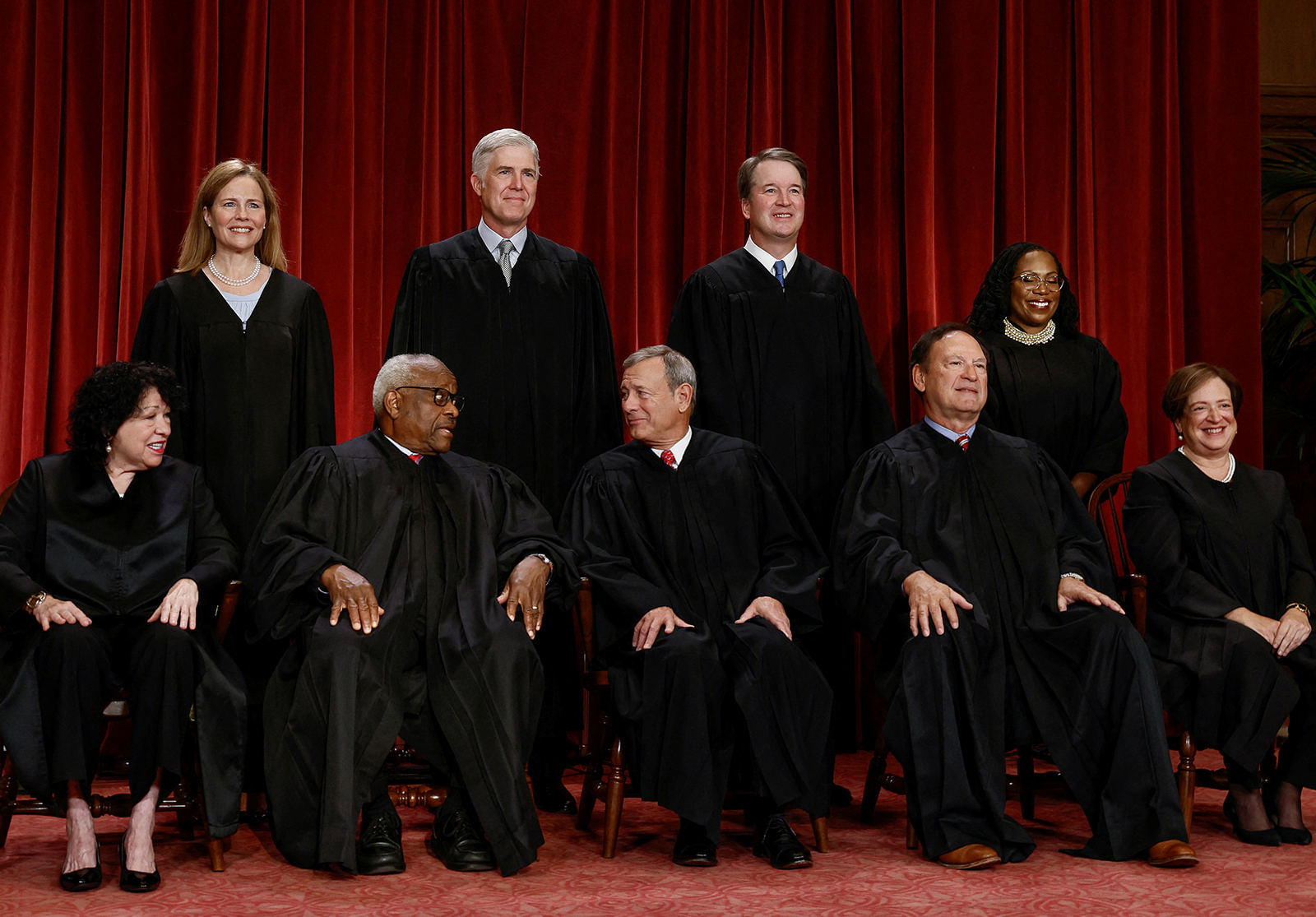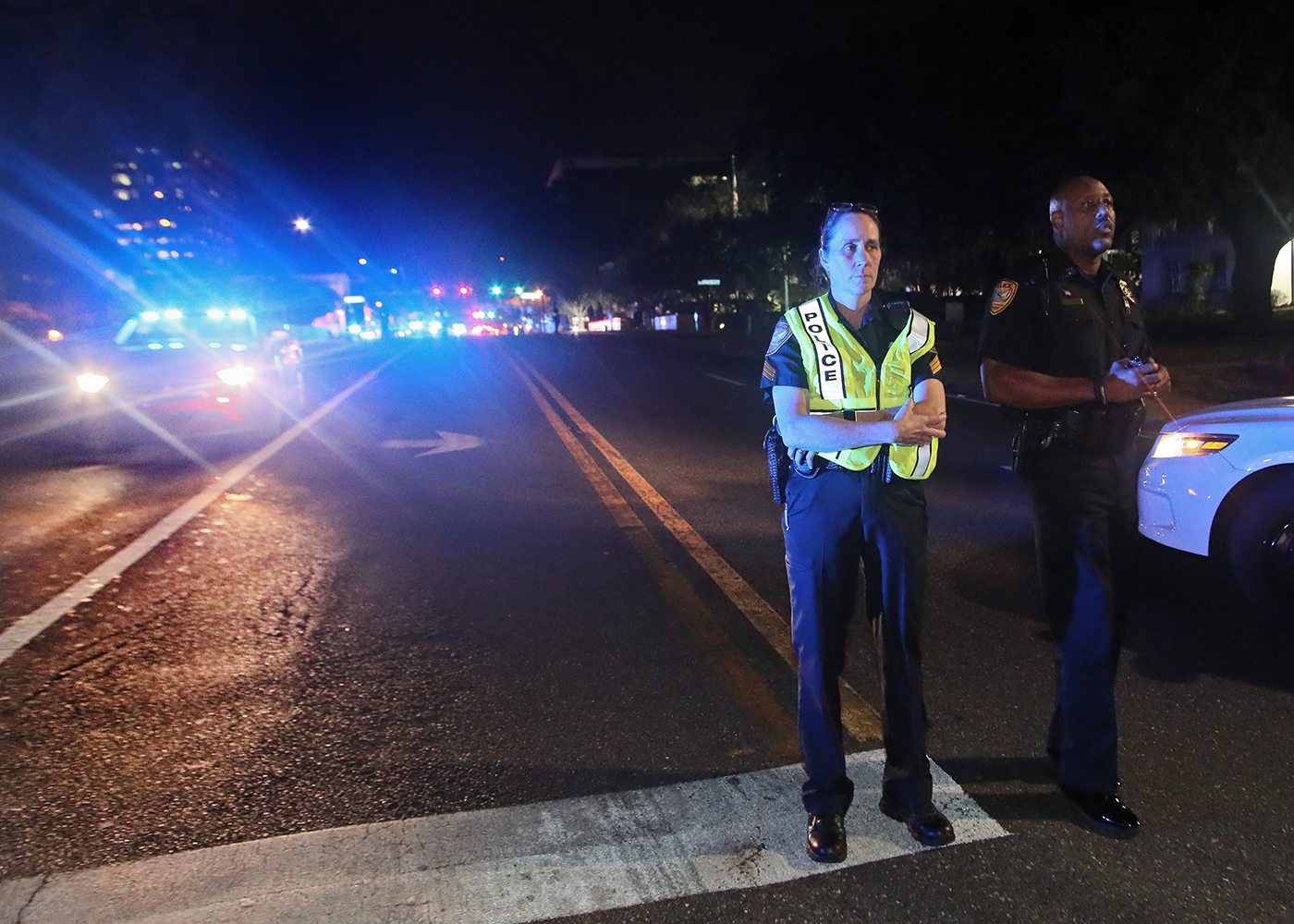Susanna Granieri is a recent graduate of the Columbia University Graduate School of Journalism. Her past internships include writing for the Legislative Gazette, an Albany-based newspaper focused on legislation, policy and politics; and working as an Immersion Fellow at the Mississippi Center for Investigative Reporting, where she investigated the use of faulty forensic science in death penalty convictions in Mississippi and nationally.


Nebraska High School Newspaper Shut Down for Publishing LGBTQ+ Content, a Federal Lawsuit Claims
A lawsuit filed in federal court March 31 by a former Nebraska public high school newspaper reporter and a high school press association claims the shutdown of a student newspaper violated the First Amendment.
Fox Settles Defamation Suit with Venezuelan Businessman Over Fraudulent Election Claims
A settlement was reached April 8 in a defamation lawsuit filed by Venezuelan businessman Majed Khalil against Fox News and Lou Dobbs after the TV host claimed Khalil participated in a scheme to rig the 2020 presidential election.
Federal Lawsuit Seeks to Block Arizona Voters’ Right to Know Act
Policy grassroots organization Americans for Prosperity filed a lawsuit in federal court March 17 claiming a voter-approved Arizona statute violates the First Amendment in requiring the disclosure of big-money donors to organizations involved in campaign media spending.
Jury to Decide if Fox Knowingly Spread False Information About Dominion, Delaware Judge Rules
A jury will decide whether Fox News and its corporation knowingly spread lies about Dominion Voting Systems in the network’s broadcasts which alleged that the company’s voting technology was used to rig the 2020 presidential election, a Delaware Superior Court judge ruled March 31.
Key Takeaways of Supreme Court Oral Arguments in United States v. Hansen
The Supreme Court heard oral arguments March 27 in United States v. Hansen, a case that questions whether a clause of a federal statute which criminalizes the encouragement of illegal immigration to the United States violates the First Amendment.
Federal Judge Grants Netflix Summary Judgment in ‘Making a Murderer’ Defamation Lawsuit
A federal judge granted Netflix summary judgment March 10 in a lawsuit brought by a retired Wisconsin police sergeant who claimed he was defamed in the streaming services’ award-winning true crime series “Making a Murderer.”
A federal judge dismissed a lawsuit March 13 filed by a member of the Tallahassee Citizens Police Review Board, (CPRB), who was voted off the board for bringing a cup with an “abolish police” sticker to board meetings.
Twitter Barred from Disclosing ‘National Security’ Information Requests, Ninth Circuit Says
The FBI restricted what Twitter could publish in its biannual “Transparency Report,” but the U.S. Court of Appeals for the Ninth Circuit ruled March 6 in a 2-1 decision that it was not a violation of the company’s freedom of speech.

